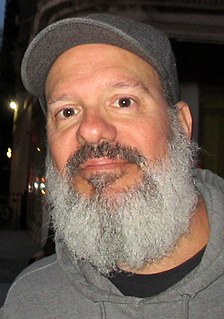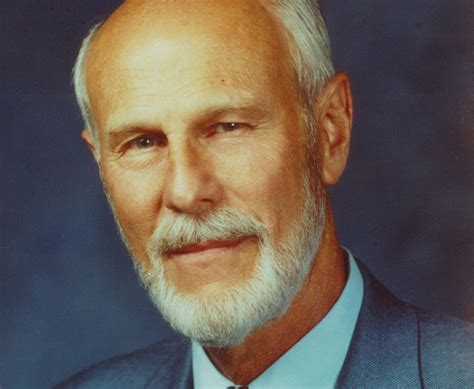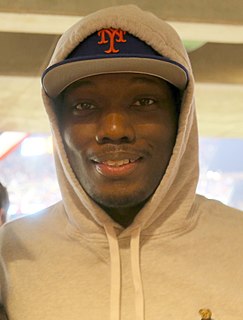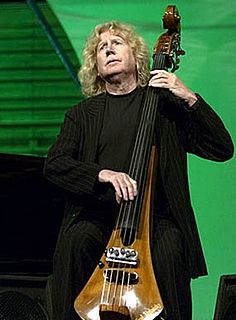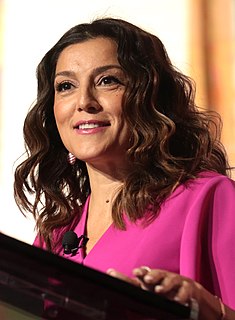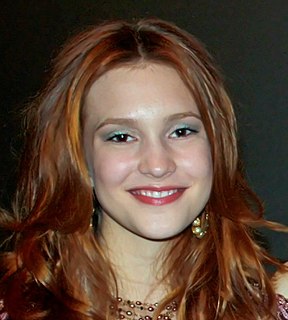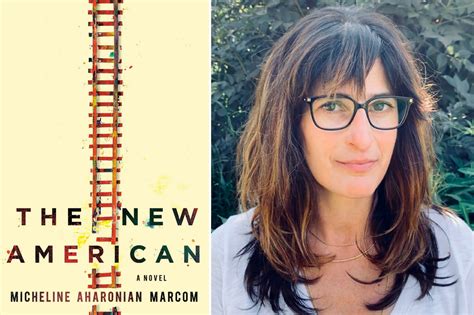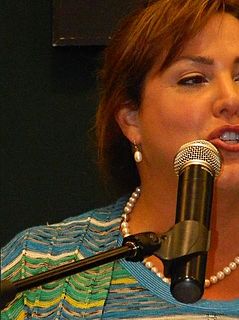A Quote by David Cross
I think it was there before, but - because of social media, too - there are these people who fancy themselves as tolerant, and don't see the hypocrisy and double standard of how they're not tolerant at all, and they're just strident and they don't listen. There's no dialogue anymore. That's maybe, truly, the worst part of Trump's legacy is just people yelling at each other.
Related Quotes
Tolerance sounds like a virtue, and at times it may be. [But should] a parent be tolerant of behavior that is harming a child? Or the police be tolerant of criminals who prey upon others? Should doctors be tolerant of disease, or public schoolteachers tolerant of any answer on an exam, no matter how wrong?
I've learned a lot just being around people who grew up so differently from me, which is cool. It teaches you how to be a lot more tolerant. The bigger your world is, the more tolerant and accepting you become, because you have friends from all walks of life. You learn to be a little bit less selfish.
The internet, like social media, seems to me to depend on how you use it, where you spend your time on it. I used to be quite anti-social media, but I can see now that it can be a good tool for artists, a way for us to speak to each other outside of standard economies and across languages and borders.
The big question that everyone is asking themselves, or what they should be asking themselves right now, is what role has the media played in not just missing a certain part of American society that wanted to vote for, say, Donald Trump, but what role has the media played in dehumanizing other people and helping create these conditions that people are so afraid of, say, Muslims and extremism?
Social media is something of a double-edged sword. At its best, social media offers unprecedented opportunities for marginalized people to speak and bring much needed attention to the issues they face. At its worst, social media also offers 'everyone' an unprecedented opportunity to share in collective outrage without reflection.
People create the illusion of acting natural, which is what I think most documentarians do in part because of the direct cinema orthodoxies that came into play really in the '60s. That moment of performance is a tremendous opportunity to make visible something hitherto invisible, which is how people want to be seen. How do they see themselves? What are the scripts, fantasies, genres by which they imagine themselves? How is storytelling part of what we are as human beings? We wouldn't kill each other en masse if it weren't for storytelling. We wouldn't be able to live with ourselves.
